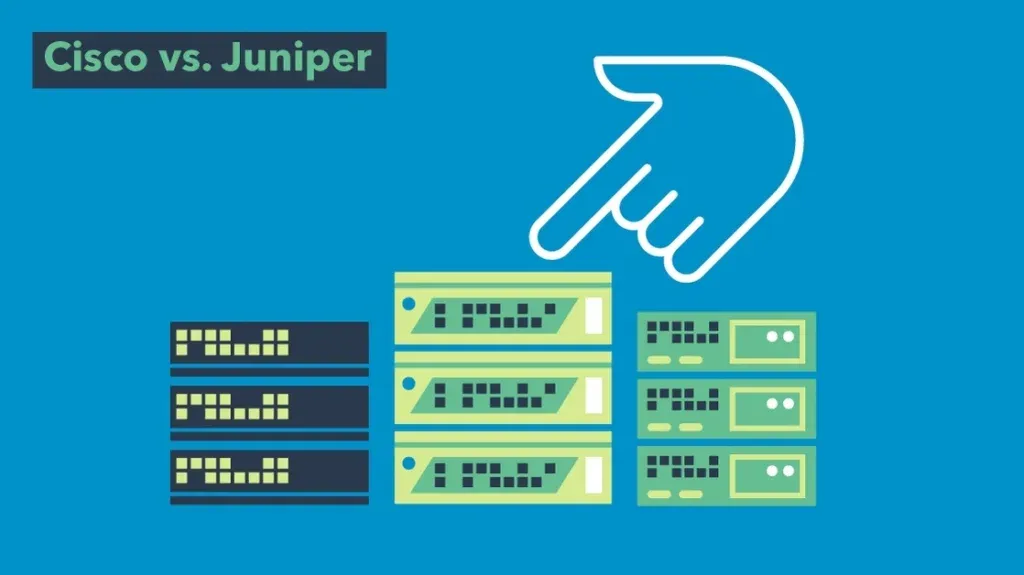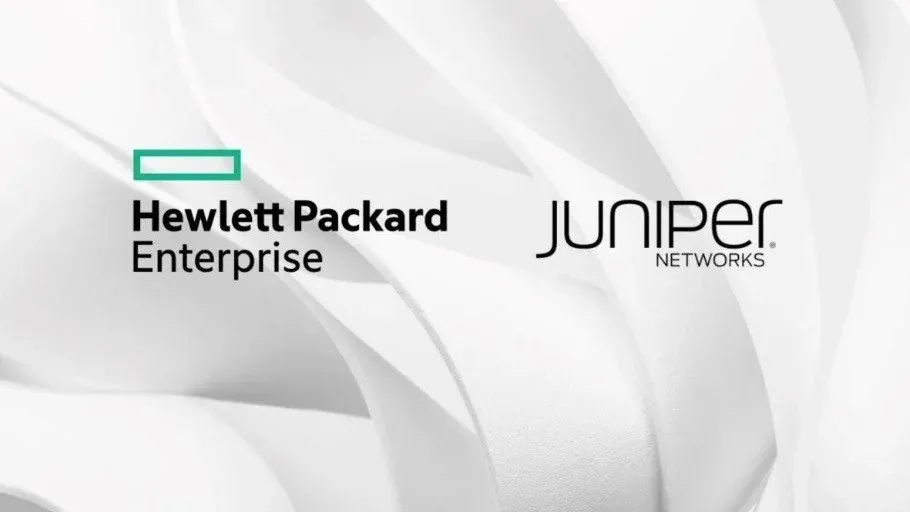When Hewlett Packard Enterprise (HPE) announced its plans to acquire Juniper Networks for $14 billion, it sounded like a smart move—two big names teaming up to compete harder in networking, cloud, and AI infrastructure.
But more than a year later, the deal is still stuck in limbo. Why? The U.S. Department of Justice (DoJ) is worried it might hurt competition in enterprise Wi-Fi. Yes—Wi-Fi.
Wait, Wi-Fi?

According to the DoJ, combining HPE and Juniper would give them and market leader Cisco more than 70% of the U.S. enterprise Wi-Fi market—raising alarms over monopolistic power.
But here's where it gets weird: the government has had no problem with other markets where dominance is far more obvious.
Think about it:
-
Ericsson owns over 50% of the U.S. radio access network market.
-
AWS, Google, and Microsoft pretty much run the public cloud.
-
Nvidia’s AI chip monopoly? Barely a peep—despite sky-high profit margins.
So why is enterprise Wi-Fi the hill the DoJ wants to die on?
The Numbers Don't Add Up
Even globally, Cisco remains the clear leader, with 41.6% market share. HPE comes in at 15.1%, and Juniper trails at just 5.1%.
That’s not exactly the stuff of monopolies. And let’s not forget there are other strong players in the mix like Arista, Fortinet, Ubiquiti, and Ruckus.
To put it bluntly: HPE and Juniper aren’t even close to challenging Cisco on their own. Yet, they’re being penalized as if they’re plotting to take over the world’s Wi-Fi signals.
This Isn’t Just About Wi-Fi
What makes the DoJ's focus even more puzzling is that Wi-Fi is just a small piece of the pie. For Juniper, it accounts for less than a quarter of its business. For HPE, it's just 15% of revenue.
Their real value lies elsewhere—in AI networking for data centers, telecom partnerships, and server infrastructure.
In fact, there’s zero overlap between HPE’s server business and Juniper’s telecom work. Juniper also brings AI-driven technologies to the table—exactly the kind of innovation HPE is hoping to scale.
And let’s not forget: HPE’s server business isn’t doing so hot right now. Gross margins are falling, discounts are rising, and the company is cutting 2,500 jobs to cope.
Juniper, on the other hand, has steady margins and better-performing stock. No wonder HPE still wants in.
Could They Ditch the Wi-Fi Business?

Some have suggested that HPE just drop Juniper’s Mist-branded Wi-Fi arm to smooth the deal. But that’s easier said than done.
-
Mist’s AI smarts are embedded throughout Juniper’s platform—it’s not something you can just rip out like a Lego block.
-
Besides, HPE already has its own Aruba platform, which is more flexible (offered in cloud, private cloud, and on-prem options).
Mist is cloud-only. The two systems are fundamentally different, and trying to separate them now would likely cause more harm than good.
So, What Happens Now?
HPE is betting big that it will win in court this July. CEO Antonio Neri called the DoJ’s case “fundamentally flawed,” and it’s hard to argue with that.
When government agencies ignore bigger monopolies and fixate on the wrong target, it raises serious questions about consistency—and logic.
Whether the deal goes through or not, one thing’s clear: the DoJ’s approach here feels outdated in a tech world that’s evolving at lightning speed.







